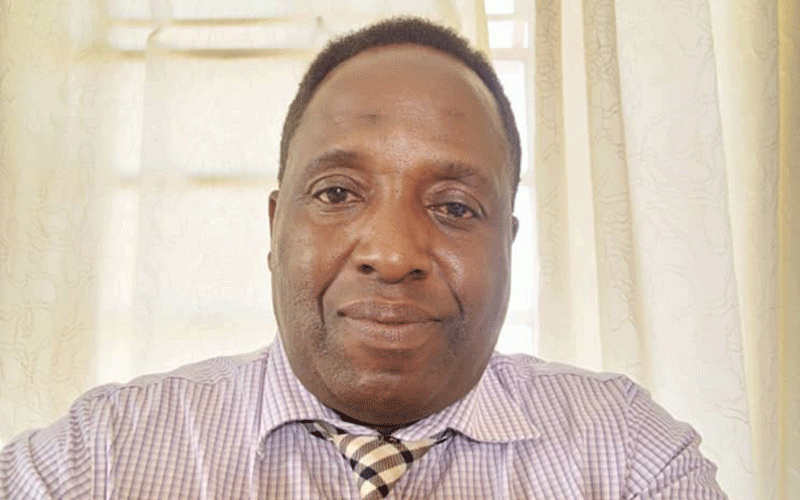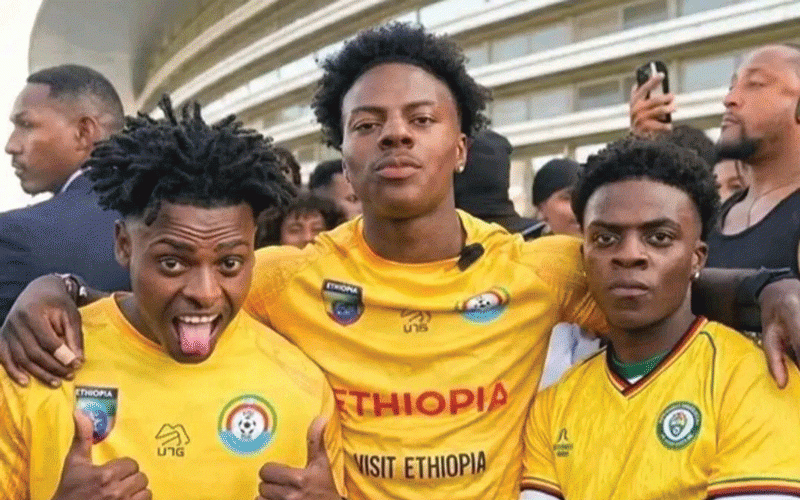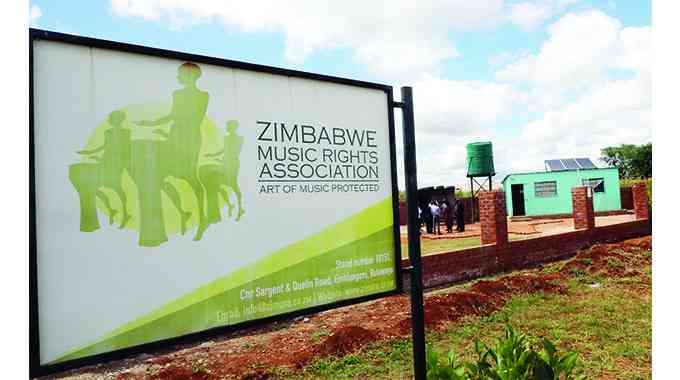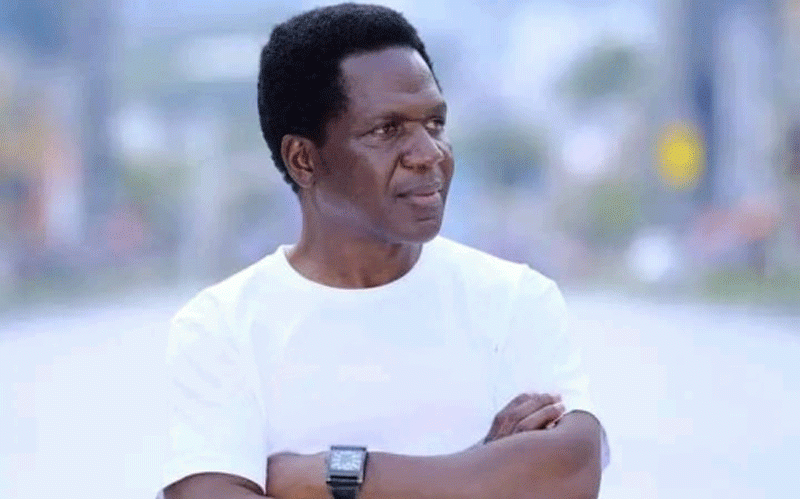
I was trying to buy something, but I can’t remember what exactly. Things just happened too fast. Hwata Street was overcrowded with vendors and people. Cars were struggling to drive past as the vendors had put their wares on the road. As I was bending down, all the vendors suddenly turned into beggars. They transformed instantly in the blink of an eye, some with rags of clothes, others one-eyed or blind and some on crutches. I turned to flee and all the other people transformed into more beggars. I screamed!
At that moment, Mai VaMaidei woke me up.
“Wake up! What is wrong? You are having a nightmare.”
I woke up in a cold sweat. I had never had such kind of a nightmare before.
“Bring me a glass of water,” I said.
While she went to fetch the water, I began to seriously think that we’re all beggars living on borrowed time.
I never went back to sleep after that.
The next morning, I joined Rasta and Fatso at the open space behind Zororo Bar. There were more than a hundred of us. The army was conducting an exercise for new recruits. Some among us were university graduates who could not get jobs. School leavers made up the largest number and I was among the few old people who were trying their luck. It was also a good fitness exercise.
- Magamba takes Open Parly to Naija
- Curtain comes down on Shoko fête
- Magamba takes Open Parly to Naija
- Curtain comes down on Shoko fête
Keep Reading
For the past two weeks, together with Rasta and Fatso we ran for ten kilometres daily in the morning as we prepared for the big day. Only successful candidates who managed to finish the thirty kilometre race in time would go to the next recruitment stage.
I was not physically fit as before. At first during practice, I quickly got tired and lost my breathe. But after a few days of practice, I could keep pace with both Fatso and Rasta. It reminded me of my school days when I ran races and scooped prizes at inter- schools athletics competitions.
I reminded Fatso and Rasta to pace correctly during the race. Starting too fast can lead to burnout, so maintaining a steady, sustainable pace is crucial. If we were to win the race, it was a must to run the whole course of thirty kilometres before the actual day as it would help us to acclimatise. It was important to understand the terrain before hand. The last day of practice we ran the whole thirty kilometres. We all fared badly.
The last day of practice reminded us that we had to be well- hydrated before and during the race. We had to avoid over hydration, which causes discomfort or hyponatremia.
It was critical to have mental toughness to endure the race. I was not sure if the nightmare of the previous night was going to work against me.
Just before the race, one of the army captains gave us the ground rules. He almost made me to change my mind.
“This race is not for the weak, if you know you’ve an underlying disease, stay out of the race right from the beginning. We expect everyone to run at least ten kilometres of the course,” the army captain said.
There was deafening silence, then one person stepped aside, followed by another, then another. Surprisingly, Fatso bowed out of the race. I almost stepped out but Rasta held my hand firmly.
Altogether, about fifteen people opted voluntarily out of the race. Then after that, the army captain moved from one row to the other. He picked seven more people and dismissed them.
“We’re not here to play,” was all he said.
I began to see everyone around me as a beggar. The nightmare of the previous night kept recurring in my mind. The army captain blew the whistle. The race had begun. I reacted late and I was among the last bunch of recruits. I panicked as I quickly put one foot after the other in an effort to catch up with the front runners.
It was a tough race. We were racing against time. The story will continue next time.
*Onie Ndoro
X@Onie90396982











